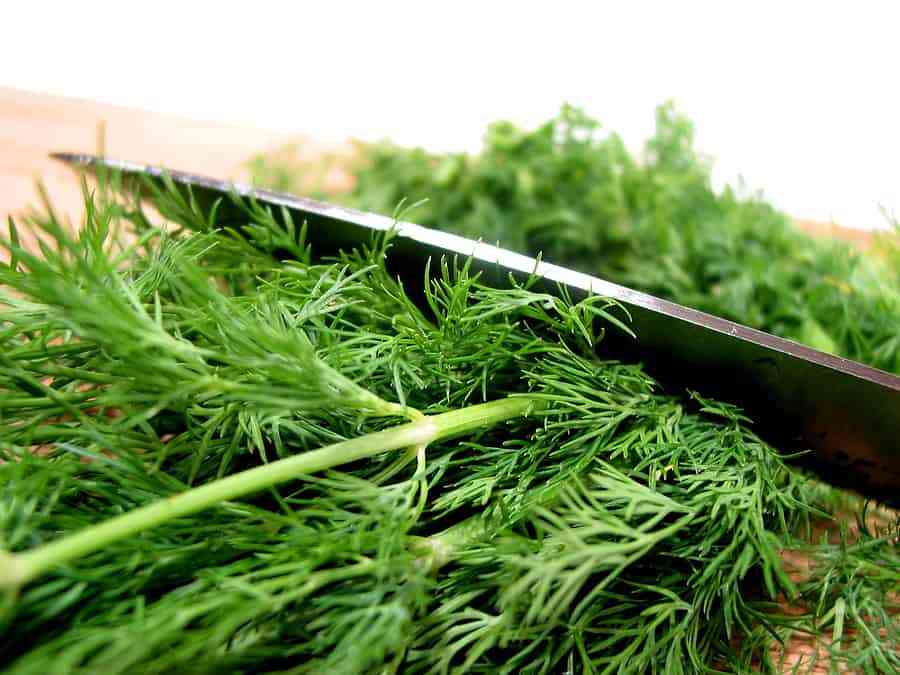×
The Standard e-Paper
Smart Minds Choose Us

Dill is a good source of vitamins and minerals, including vitamin C, vitamin A, manganese, iron, and calcium. [Courtesy]
Dill (Anethum graveolens) is a flavourful herb belonging to the celery family (Apiaceae). It is native to the Mediterranean region and Southern Russia but is now cultivated in many parts of the world, including Kenya.